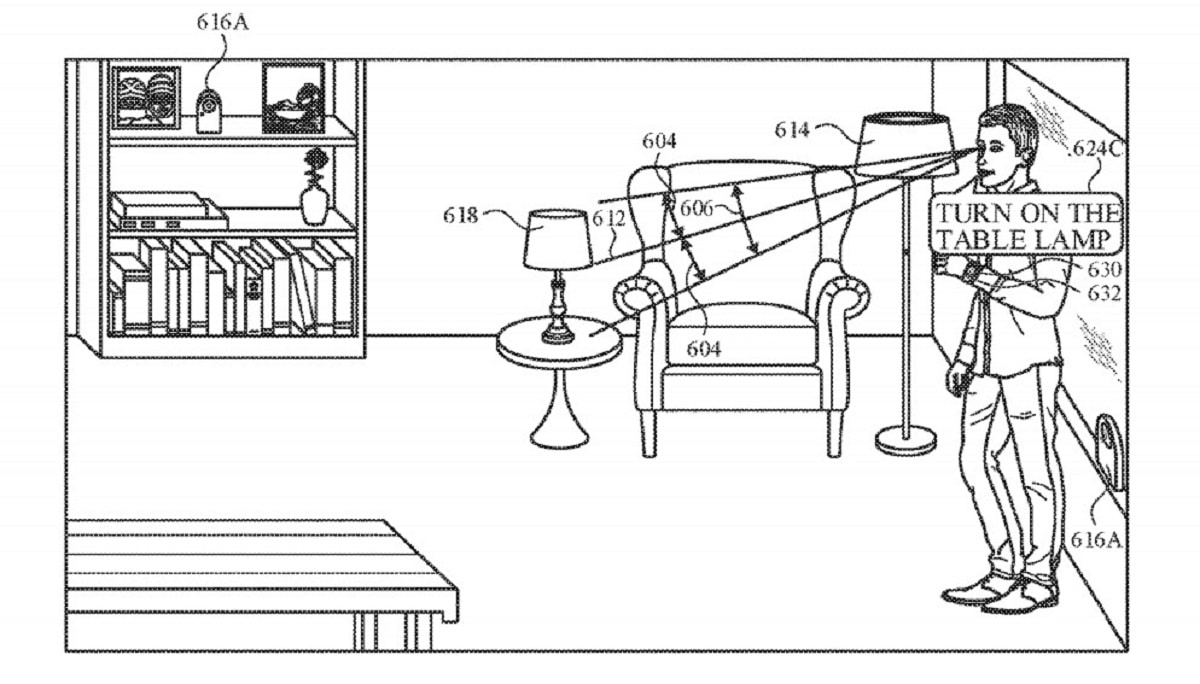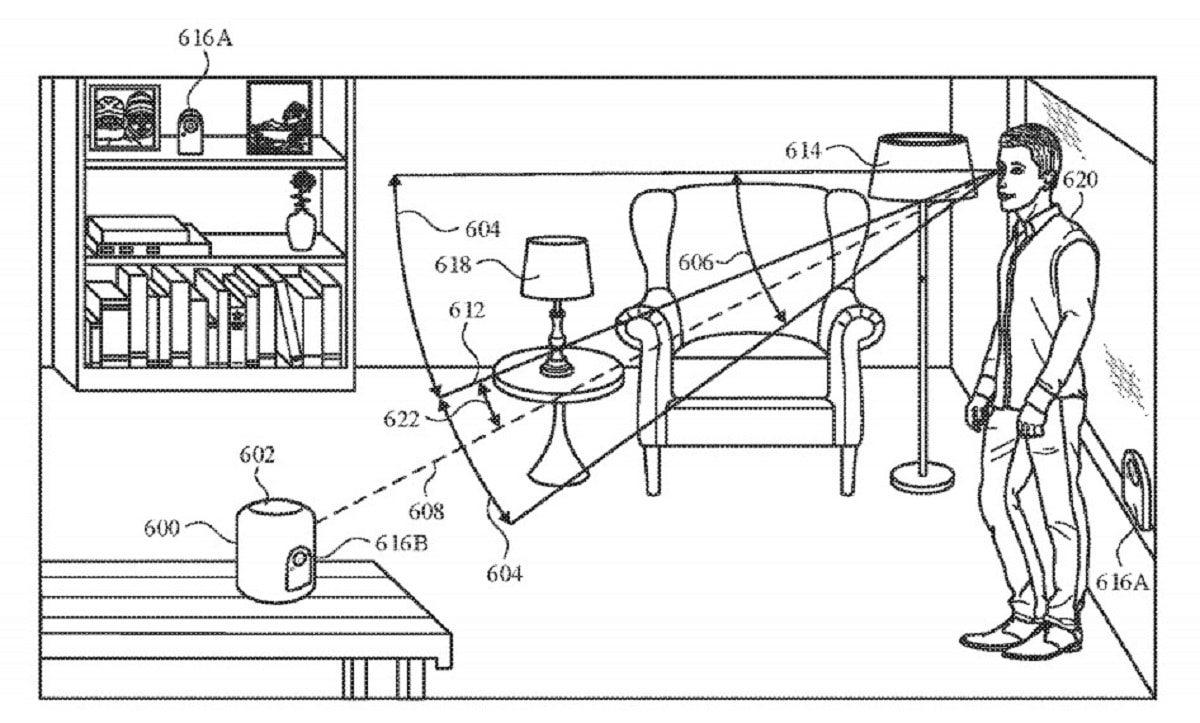
One of the options of Apple devices is to request the help of Siri. However, sometimes it can be very frustrating to invoke the assistant when there is more than one device present in the same room. With this patent, this problem can be eliminated since Apple wants Siri to be gaze activated.
Normally by saying "hey Siri", the Mac, iPhone, iPad ... etc are ready to help you in whatever way. It is true that it is not one of the most complete or better assistants compared to others, but on certain occasions it helps a lot. One of the options that I use the most is to turn on the flashlight through Siri on the Apple Watch. However, you wish there weren't more than one Apple device in the same room when you call the assistant. With this patent Apple wants Siri to be activated with the look.
In this license recorded as early as 2019, in the United States Patent and Trademark Office entitled "Control of devices through gaze information", Apple suggests that it may be possible to use a user's gaze to determine if they want help from Siri or another system, without requiring the initial verbal prompt. A system that uses cameras and other sensors will be able to determine the location of a user. The direction of their gaze, to find out what they are looking at. This information could be used to automatically configure the examined device to enter an instruction acceptance mode where it actively listens, with the expectation that instructions will be given to it.

Not just looking will activate. A series of criteria must be met
For multi-device owners, gaze detection could allow an instruction to be given to one device and not others. Now simply looking at the device will not necessarily register as an intent for you to listen to the instruction. A set of "activation criteria" must be completed. This could simply consist of a continuous gaze over a period of time, such as a second, to eliminate minor glances or false positives from a person turning their head.
The angle of the head position is also important. For example, if the device is in a closet next to the bed and the user is lying down. The device might consider that the user in front of the device does not want it to activate because his head is not vertical. So that would save all those times when we are asleep and we do not want Siri to activate in the middle of the night and wake us up with any of its occurrences.
In response, a device could provide a series of indicators to the user that the wizard has been activated. Good for a glance, a noise or a light pattern from built-in LEDs or a screen. Given the ability to record a user's gaze, it would also be feasible for the system to detect whether the user is looking at an object they want to interact with, rather than the device that the virtual assistant is holding. For example, a user could be looking at one of several lamps in the room, and the device could use the context of the user's gaze to find out which lamp the user wants to activate from a command.
It is not the first time that Apple has presented similar patents and at the moment we do not have any system or device on the market that implements it. Remember that cAs always when we talk about Apple patents, they may not come true. The company registers many new ideas after the year, but it does not mean that they all materialize. But of course they are ideas that must be taken into account. This in particular can be very useful to solve problems already known with the assistant, but also very helpful to people with speech difficulties for example.